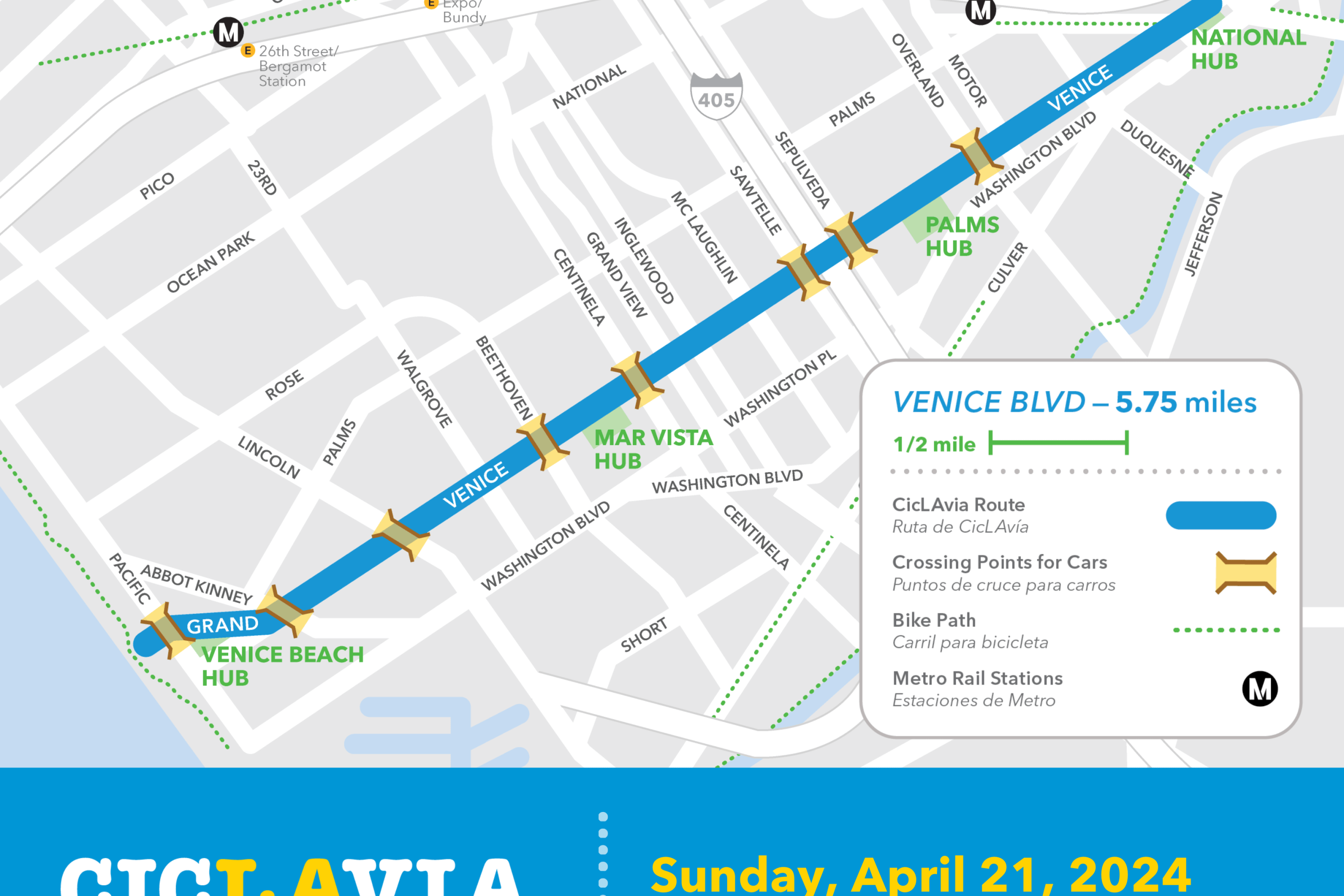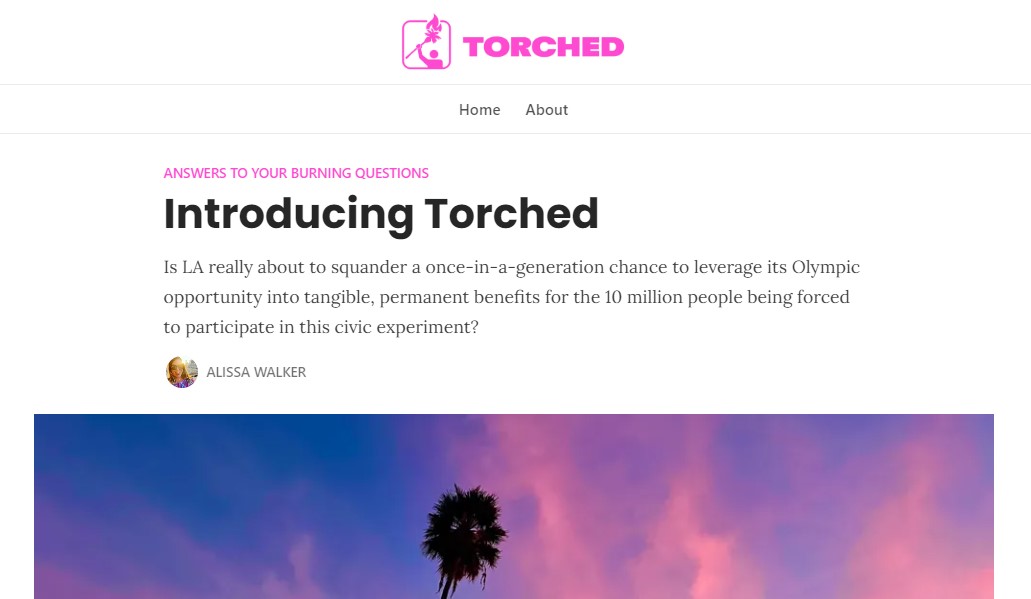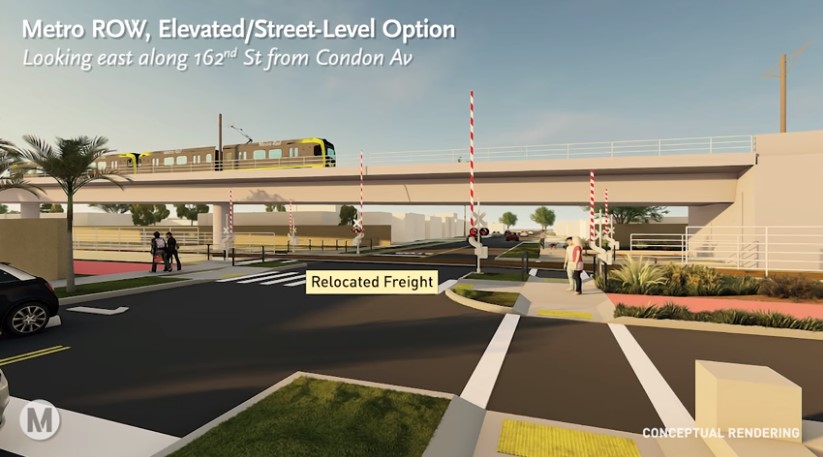Washington transportation policymaking can often resemble an
unwieldy soup of anywhere between 50 and 535 local perspectives, as
lawmakers from different states and districts vie for a fixed (or even shrinking) amount of federal funding.
The
needs of northeastern states can bear little resemblance to those of
their southern or midwestern counterparts, and the mandate for
localities to "match" federal transportation funds at an 80-20 ratio
(or 50-50, for some transit programs) can prove daunting for cash-strapped areas -- particularly as the dwindling value of the gas tax saps transportation budgets.
So as Congress and the Obama administration declining to debate a gas tax increase to pay for the next federal transport bill, how are the states coping?
Some
are taking the plunge that Washington won't, debating new user fees on
fuel and driving. Others are simply spending less on maintaining
existing infrastructure that is bordering on disrepair. To get a taste
of the local developments, let's take a quick tour of the
transportation-financing crisis as it's unfolding outside of D.C.:
In Kansas, state lawmakers are debating alternative proposals to raise gas taxes and car registration fees to help close a transportation budget that has seen [PDF] $229 million in funding cuts over the past year.
In Virginia, planned transportation cuts over the next six years total $4.6 billion. The planned extension of Washington D.C.'s Metro to Dulles airport will push local tolls 25 cents higher this week, with a planned doubling by 2012. The state gas tax: 40th-highest in the nation, according to the Tax Foundation.
In Georgia, a new report
from the state transportation director endorses new revenue-raising
methods equivalent to a 1 percent sales tax and warns that the current
gas tax -- which only meets half of existing infrastructure maintenance
needs -- may fall short of federal matching requirements as soon as
2012.
In Michigan, an $84 million transportation budget gap for the current fiscal year is expected
to cause the loss of $475 million in federal funding. Looking only at
maintenance needs, the state fears the share of roads in good repair to
fall from 92 percent to 66 percent over the next four years.
In New Jersey, debt service and interest payments on nearly $11 billion in bonding is set to swallow
the state's entire transportation trust fund for 2011, prompting much
hand-wringing as new Gov. Chris Christie (R) prepares to take office.
Christie campaigned on a promise not to raise the state's gas tax,
which ranks as the nation's 47th-highest.
In South Dakota, a bipartisan panel of legislators is moving forward
with a proposed 10-cent increase in the state gas tax, imposed in two
phases, to help raise $240 million for transportation. Other
revenue-raising tactics on the table include higher vehicle license
fees and new-car excise taxes. The measure could face an uphill battle,
however, with a two-thirds majority needed for passage.
In Iowa, a state budget gap estimated at $500 million or more has persuaded
Gov. Chet Culver (D) to propose that state troopers be financed by the
transportation trust fund -- which would leave less money for
maintenance of roads and bridges. Bipartisan support for a gas tax
increase that materialized last year reportedly has evaporated in the face of a Culver veto threat.





